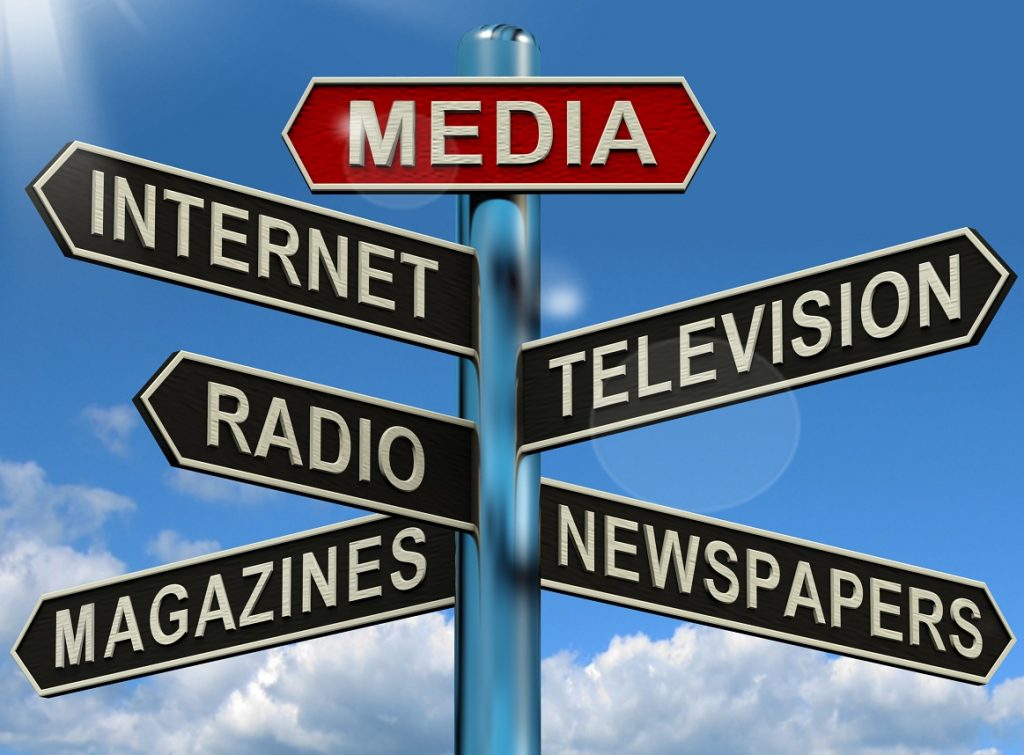How many news are just right? FOMO is a valid phenomenon and it can get ugly if you are a voracious reader. I will share my own strategies on news consumption. Notice: I read around 100 articles per day, so my news consumption is a bit biased.
Notice hidden interests
Your interests are different from the interests of the people who supply the news. Mind this difference and actively use it.
- Mass media wants rating. They will try to generate a maximal emotional response, pressing hard on greed and fear. They will want you to be hooked. Everything will be exaggerated. There will be a lot of hate talk, which will differ based on the identity of the content provider. Advice: spend around 30 min per day during the daily event recap, possibly resting and drinking coffee, not more.
- Social media want you to react. There will be a filtering bubble: you will feel safe with people who think like you. This way you are more likely to like and share. You will get a lot of calls for action, which will hurt your attention span. Personally I use only Whatsapp and Telegram, and even then I turn off the notifications. Occasionally I give the media a look to see what is trending. Otherwise, it feels like a total waste of time.
- Documentaries work with our curiosity. Basically, people get grunts to research the stuff they are curious about and to get grunts they need to share with you. If you spend time on TV, documentaries are more informative than other modalities. Most documentaries cover the history and other things that are totally outdated. In the best-case scenario, there are shows that recap the last week. We can learn the context for current events, and we can get feedback on how we understood past events. I guess the main question is: do the particular documentaries available capture your curiosity. If you find them boring, move on.
- Informative blogs want to influence. There are several blogs dedicated to overviewing everything shiny and new in specific fields of technology, science, finance etc. The articles in these blogs are typically very informative, and the majority of my speedreading is on these sites. These sites shape the public opinion of the experts in a particular field. Most of the articles are paid by companies fighting for our attention. They provide us with useful info and in return, we see their premise.
- Mentoring blogs want you as clients. If you read this blog, you probably understand that I want you as my clients. I share some of my insights, just enough for you to want more, and I hope you will engage deeper with the products I may provide. Now, this give-and-take is very uneven. I try to provide maximal value for you, and I hope your love will help me one day. Others might provide small baits, trying to catch your wallets. It is up to you to choose people you want to listen to.
- Scientific publications. There are some publications that focus on information and truth-finding. Typically they are scientific. Written by professionals for professionals. Unfortunately, they tend to be very focused, very boring and most of the information within confusing and of no use to the general public. One of the reasons to acquire PhD is the ability to read scientific publications effectively. If you have PhD, you will read a lot of those. Otherwise, I guess you will try to avoid them.
Your own interests
OK, now that we understand some of the common interests, what are your own interests?
- Being entertained. We use media usually when we are resting. If we are focused and energized, there are better uses for our time. When we rest we want to be entertained, and then we consume media. At that spot, we are less likely to apply critical thinking or remember and our response will be very emotional.
- Get motivated. If we consume media to get motivated, we are easy prey. DO NOT DO THIS. You may waste your time, or buy something you do not need. Worst case scenario, you will join a cult or a pyramid scheme. If you can practice mindfulness or grounding, you are better off. You may also find online coaches who will work with you relatively cheap,
- Stumble upon something new. This is probably the best use of media. It may focus our thoughts in new and different directions. To do this, you should consume very heterogeneous media, as each media outlet focuses on a limited number of subjects.
- A deeper understanding of the context. If we want to understand the world we live in better, there will be news covering various aspects. They will not deal directly with what interests us here and now but will provide context.
- Specific knowledge. If you read a focused blog or a scientific publication, you may get specific information. You are much more likely to get the data you want through focused research, for starters putting the relevant keywords in a search engine.
How will the media hurt you
- Depression, aggression, paranoia. The more news you consume, the more likely you are to get one of those. Negative emotions generate rating faster than positive.
- Jealousy, low confidence, depression. If you watch successful people all day long you are likely to get depressed. We are not likely to compete positively with the people we see in the media. Actually they are not likely to compete with their own image. Social media is very selective this way. We do not see successful people when they feel down. Later we learn about the high suicide rates among them…
- FOMO, low attention span, a constant search of new inputs. If you are miserable enough to get news notification every time there is breaking news or your friend publishes an adorable photo… There is no way you can do you work, learn or build relationships effectively. A part of your mind will be always waiting for the next breaking news.
- Waste of time and resources, following cons. I really hope you are not trying to get your motivation and social support from the media. You might end in a bad place. The media can be a starting point for personal relationships, but not a very good platform for maintaining them.
Actionable tips
- Be proactive. Research always beats mass media or social media. Quora is a good place to stumble upon useful info.
- Get personal. Build relationships, follow specific personalities. For example, I enjoy the way John Oliver reviews weekly events.
- Limit your exposure. Turn off notifications. Dedicate certain hours every week for the media. Leave the rest of the week for other stuff.
- Do not respond emotionally. Easier said than done, as most media aims for impulsive emotional response.
- Discuss with people from different backgrounds. Try to widen your social circle. Different people will consume information very differently and have interesting insights.
Media serves the public
Media has an important role in our culture. It comes up with some of the pressing issues and explores things we would not notice otherwise. A good media expose can uncover corruption and make us aware of social challenges.
At the same time, the media needs to compete and survive. It can be trusted, but only up to some limit. Use your critical judgment.

Get 4 Free Sample Chapters of the Key To Study Book
Get access to advanced training, and a selection of free apps to train your reading speed and visual memory

